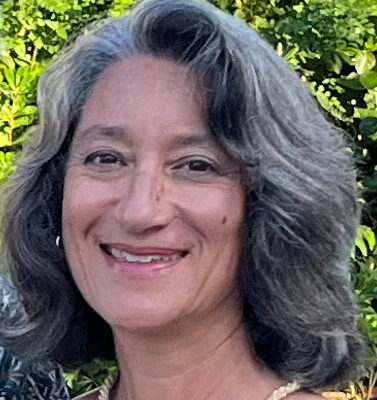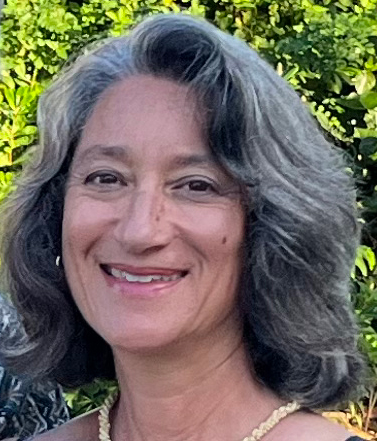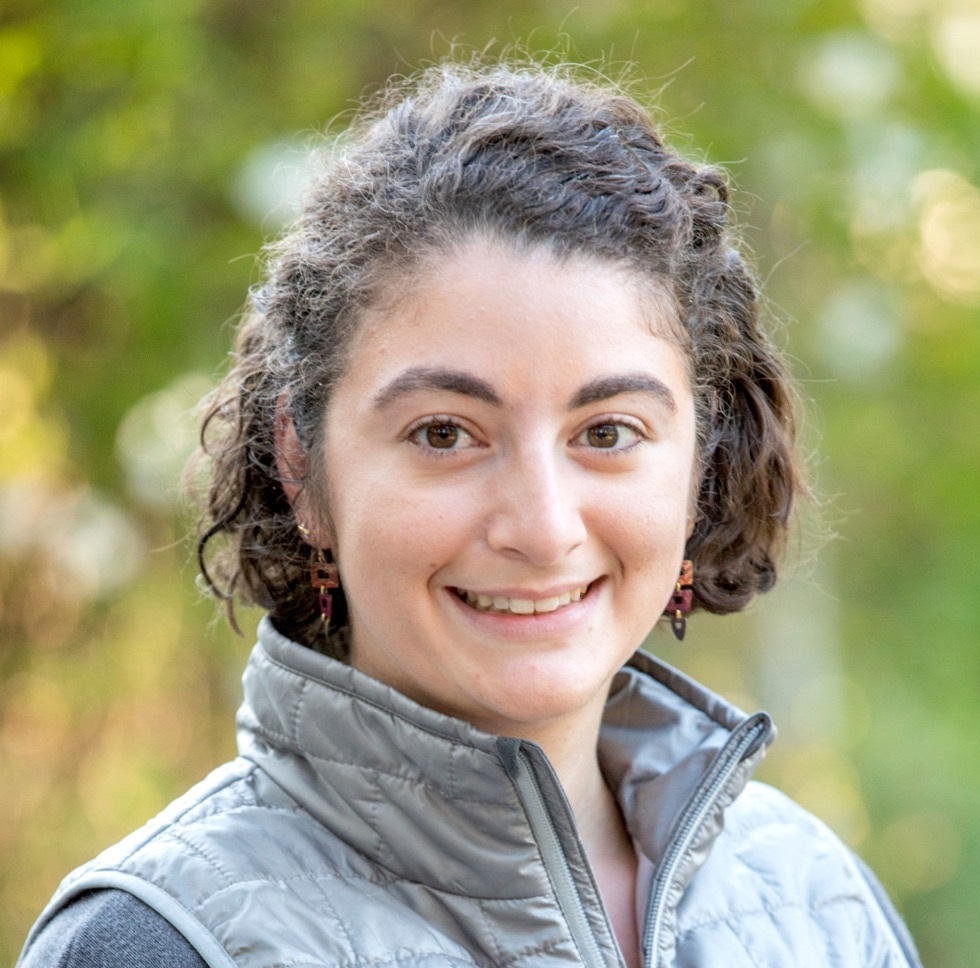
Building Science Lessons & the Science of Buildings with Diana and Juliana Velez

Lorem ipsum dolor sit amet

What is your history with CRS?
Diana: I have known CRS for a long time. Stonehurst elementary was being divided up into two schools, and I was leading the development of the science-centered Korematsu Discovery Academy. I contacted CRS and they helped facilitate professional learning with teachers and helped us come up with inquiry as the center of learning. When I went to work at the Lawrence, CRS would present and give teachers memberships, it was a great resource for the teachers we were working with. Then I was on the Advisory Board, and became a part of the Board of Directors.
Juliana: I currently work for Measurable, which is an ESG provider (Environmental, Sustainability, and Governance), which is involving reduction of carbon in commercial buildings. I work as a software engineer in the analytics team. On the side, I’m a part of ASHRAE, which is the American Society for Heating, Refrigeration , and Air Conditioning Engineers. I’m on the Board of our local chapter, and I promote student involvement in our industry. One of the things I’ve been working on for four years is to connect our members with students. I got involved with CRS in going into the classrooms with our members.
Part of what inspired me to study mechanical engineering was some of the role models that came and visited programs after school and talked to us about the different types of engineering, showed us what they were doing as their job, and got me interested into what I could be doing. The exposure there and the encouragement at home got me to where I am today."
-Juliana Velez
What has made you feel a sense of belonging in science?
Juliana: Growing up, I did have a lot of exposure to [science] at home or after school programs. That’s why I’m continuing to be involved with these programs, so I can help encourage the next generation. Part of what inspired me to study mechanical engineering was some of the role models that came and visited programs after school and talked to us about the different types of engineering, showed us what they were doing as their job, and got me interested into what I could be doing. The exposure there and the encouragement at home got me to where I am today and instilled in me the drive to continue with that direction.
I always found [science] interesting, at school I always liked team projects. I felt the camaraderie on working on difficult problems. My undergraduate and graduate classes had an emphasis on teamwork, and I see that in the industry too. Now, I’m on a team with other engineers. I find the work I’m doing really interesting. It also helps save the world, so it’s both interesting and has a good mission.
Diana: I was not interested in science growing up, it was only through teaching science, when Claudio Vargas brought a FOSS kit into the classroom and said “Here, this is what you teach.” I had to learn how to teach science, before the Next Generation Science Standards. Knowing that there was a way of teaching science that was hands-on, that you could make interesting, I became inspired to learn along with my students. Eventually taking on more, learning more through professional development and then going to the Lawrence Hall of Science, working with FOSS, and to be able to work with teachers and say “Hey, it’s not that hard, I was there with you, just take out the box, open the pieces, You can do this.”
Linda DeLucchi, the director of Foss is truly inspirational. This is her life, and she and Larry Malone have created this wonderful curriculum that allows teachers to feel comfortable teaching science and provides kids with these hands-on experiences. Similar to working with Juliana, working on a team, you feel like you can do it. You can lean on someone else that can help you out and talk you through an idea. The folks at Lawrence Hall of Science have been inspirational and supportive in my journey as an educator, as a teacher of students and teachers.
Knowing that there was a way of teaching science that was hands-on, that you could make interesting, I became inspired to learn along with my students. Eventually taking on more, learning more through professional development and then going to the Lawrence Hall of Science, working with FOSS, and to be able to work with teachers and say 'Hey, it’s not that hard, I was there with you, just take out the box, open the pieces. You can do this!'"
-Diana Velez
What has been a pivotal experience in your career?
Juliana: I started off as a mechanical engineer working with new construction buildings, going to the buildings and doing a lot of analysis. I’m now on the software side, and instead of a few buildings that I can look at, now I have thousands of buildings that I can analyze. Lately, my shift has been towards a data scientist role where I can make more impact on a wider scale. My goal is to try to learn more and develop analytics on a larger scale.
Diana: I’ve had a few shifts: leaving the school district to working at the Lawrence Hall was a huge shift. Lately, I’ve been able to shift in terms of working with a school district to develop a whole new curriculum for English learners for students to learn English in the context of science. Using FOSS curriculum but writing new lessons that teachers can use with students that are learning English in small groups to help them develop their English as well as support their science learning. Giving them the language structure, and the routines they need, when they go into the science they're able to participate at a higher level because they’ve had time to practice the vocabulary and the reading.
What is one goal you have for the future?
Diana: This [curriculum] has been a huge project for me, and I’m hoping to take it to a national level, marrying my two passions of equity with science.
Juliana: The goal part of ASHRAE is to try and get more diversity in our Board. Currently I’m the only female on the Board. We’ve had a lot less women involved in our chapter the past couple years so it’s bee hard to find volunteers that we can select from to be on our Board. I’m hoping to encourage more young, female engineers to be involved in our chapter.